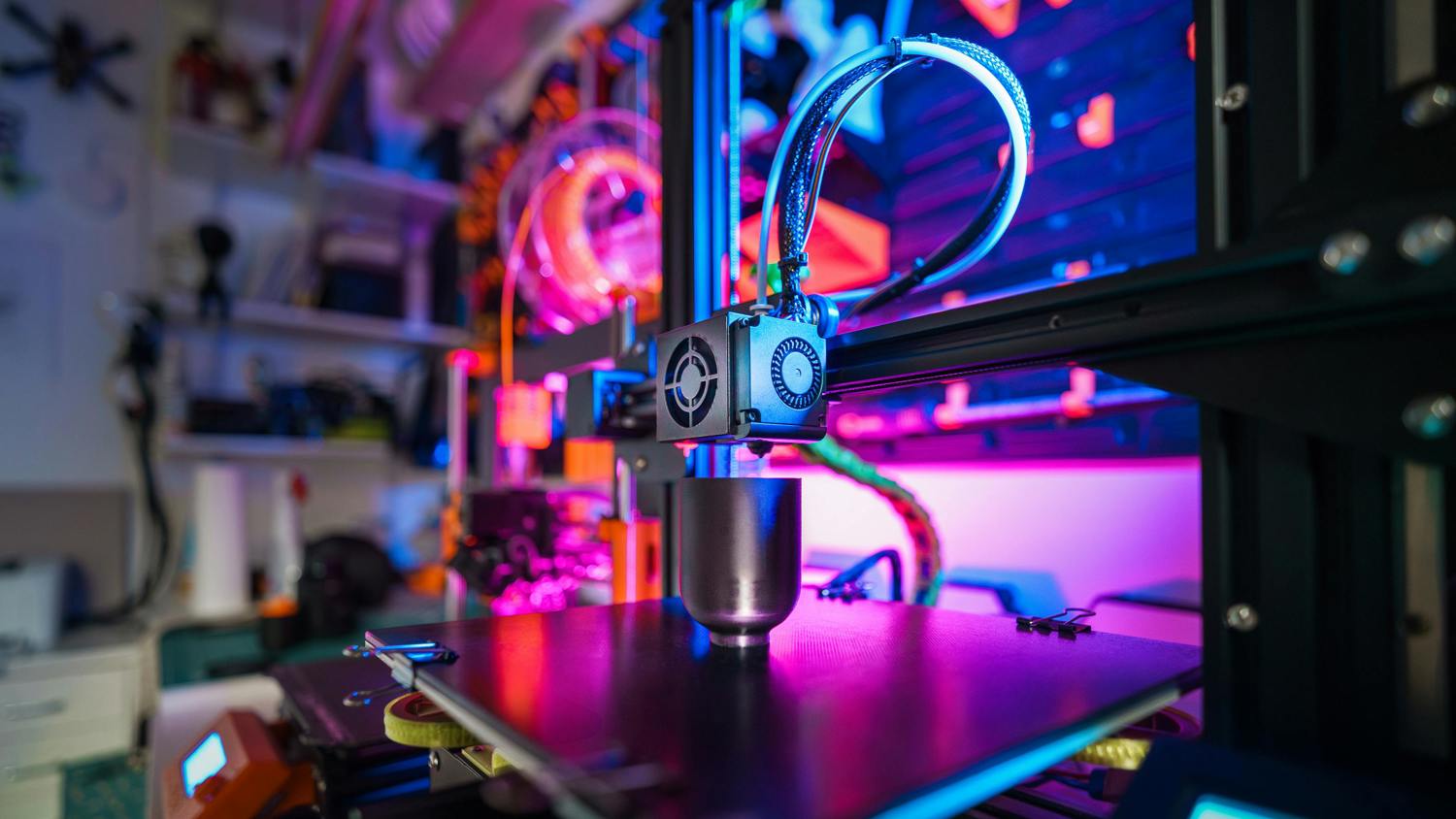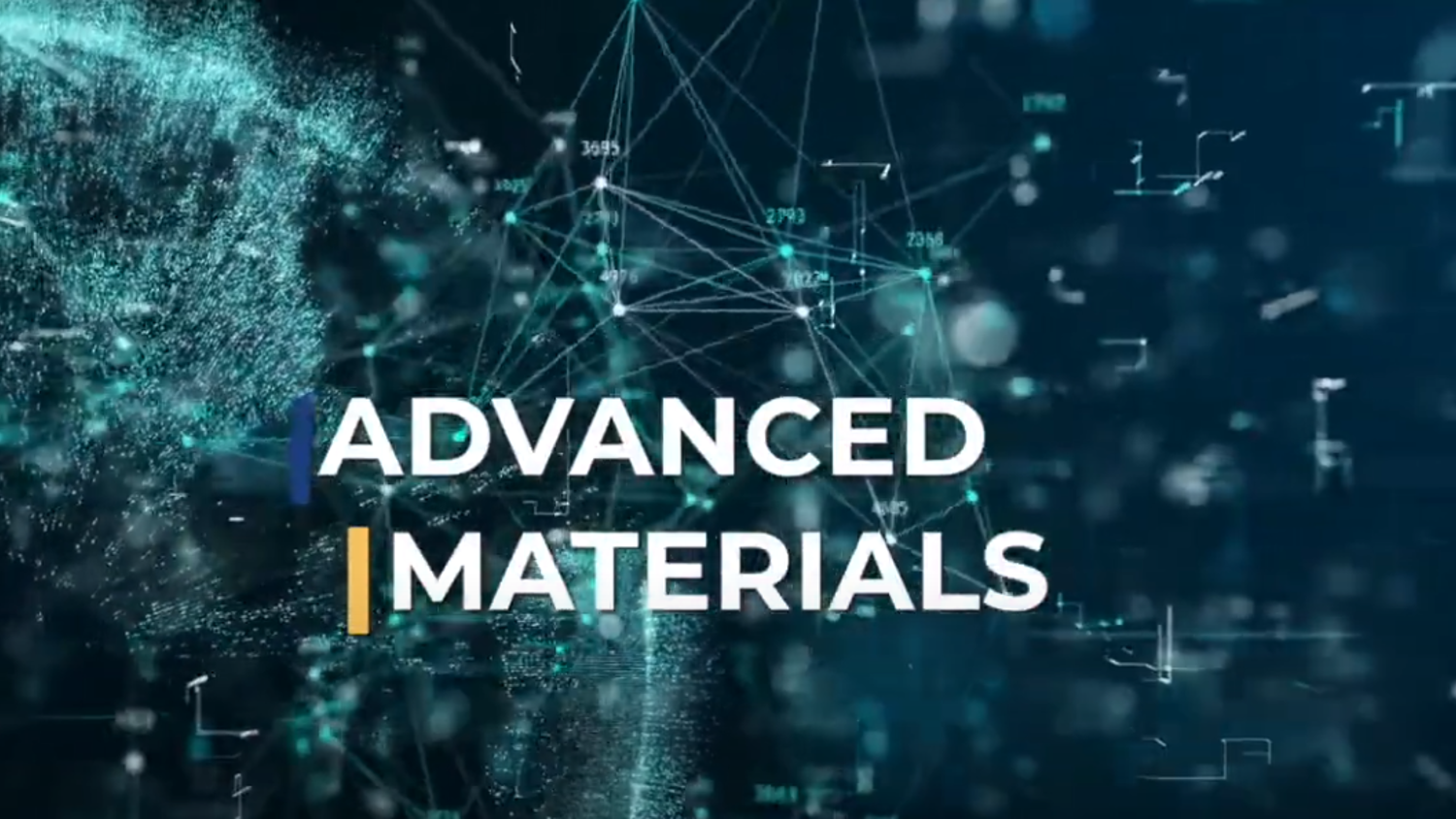
Interreg Annual Event 2019: Key Insights from NMP-Reg and Interreg Europe
At the Romanian Parliament, I had the opportunity to listen to speeches and attend workshops on Brexit, populism, social media, European territorial cooperation and other significant European Union themes. I appreciated the enthusiasm and the way the speakers outlined their themes to make us aware of their importance and to understand them. At the event, Corina Creţu, the Commissioner for Regional Policy, addressed the assembled guests via video link, and underlined the importance of territorial cooperation in bringing European countries together. So at the Annual Interreg Event conferences I learned that:
- The EU founding principles are solid, based on values and democracy, and that we must have the courage to defend ourselves in the face of strong internal and external forces,
- Populism is not a solution to the challenges faced by EU Member States,
- Brexit is not beneficial for EU Member States. In one of the workshops, it was shown that between 2007 and 2018, most citizens appreciated EU integration,
- Many states want to join the eurozone,
- Many analysts believed that after Brexit and the end of Trump’s mandate, there would be a collapse of the Western democratic model as we currently know it,
- In order to combat populism, the EU needs to become more proactive,
- The obstacles facing a citizen crossing a border are: language, administrative procedures, lack of confidence in the people he/she encounters,
- According to a January 2019 study, most EU citizens use facebook and messenger.
Networking and breaks: a chance to connect and enjoy at the Interreg event
I also appreciated that the assembled guests were able to ask questions during the conferences. In this way, everybody could explain their point of view. I also have to mention that there were meal breaks between workshops. Here every participant had the opportunity to network and enjoy the tasty dishes. The menus were served depending on the time of day in a hall next to the event hall, or in the dining room on the ground floor of the emblematic building. The food was served gracefully and meticulously. Waiters, though native Romanians, used English to work well with those present at the event.
On 22 May, after the second lunch break, everyone headed to the assembly point for the project they had reserved and which was part of Interreg Annual Event. The trips were undertaken by coach.

NMP-REG Interreg Europe – About nanotechnology
I can describe this project as a core part of Interreg. The visit took place on 22 May at the Faculty of Polytechnics in Bucharest, at 16:00 o’clock. After this event I can now accurately define the word: Nanotechnology is any technology based on the ability to build complex structures while respecting atomic specifications using mechanical synthesis. Nanometric structures are not only very small, reaching even to the atomic scale, but they possess some totally distinct and unexpected properties, compared to the same substance taken at the macroscopic level.
Nanotechnology in medicine and science
You need to know that because of this technology, the pharmaceutical industry has medicines tested in the laboratory before arriving on the shelves of pharmacies, chemistry can reveal any particle, even the smallest, physics can be understood because of the devices that this new technology uses. For example, I learned that because of nanotechnology, people can have dental implants, radiographs.
Laboratory insights and research
As I arrived, I went to a classroom where a student presented us with part of her nanotechnology research, based on interviews with specialists in the field. Then, all participants were invited to enter into the laboratory world. Here we discovered how serious this area is, how much effort Polytechnic students invest to carry out the best research. I saw for the first time a nose printed by a 3d printer.
At the same time, we saw a device that helps test the substances that help in vitro fertilisation before contact with the human body. Specifically, this device tests whether the substance is harmful or not.
Laboratory atmosphere and experience
I have to say that in every laboratory there was a specific smell and temperature. The scientists were dressed in white unforms. Everyone of them is very experienced, so they could explain to us the specific terms of nanotechnology, in a common language.
Do you remember the chemistry definition of an atom? This experience reminded me of the professor who always said: 'It is the smallest unit of constitution of common matter that has the properties of a chemical element.'
The microscope I saw in one of the laboratories made me think again about how small the atom is.
I was fascinated by what I saw. These things will remain in my memory for the rest of my life.
On the evening of 22 May, after everybody had completed their project visits, we were transported by coach to the nicest hotel in Bucharest, the Intercontinental. There we enjoyed a traditional Romanian dish accompanied by traditional Romanian music.

